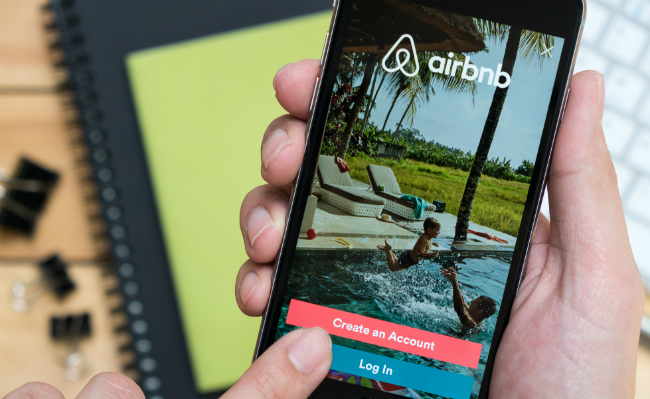
It’s common knowledge by now that AirBnb-ing while black (or really any shade of brown) is fraught with racist rejections. Similarly, LGBTQ travelers sometimes get the same treatment while booking travel accommodations as they do when trying to procure wedding cakes. Disappointingly, but perhaps not surprisingly, people trying to profit off their personal property often bring their prejudices to the table. Now, a new study confirms people with disabilities also find booking on AirBnb to be a struggle.
Researchers at Rutgers spent six months examining almost 4,000 booking requests in 48 states, and found that people with disabilities’s requests to book were up to 40% more likely to be rejected than those of able-bodied guests. What’s not made entirely clear by the numbers is to what extent that’s the result of full on anti-disability bias and to what extent it’s that the host feels unable to provide, or is ignorant to, the necessary accommodations.
The study largely hinged on looking at rates of pre-approval, a process that AirBnb describes as “a way for hosts to let guests know that their listing is available when asked about a potential reservation.” The New York Times reports that 75% of travelers who didn’t disclose a disability were pre-approved. But rates of pre-approval fell dramatically for those who did disclose a disability, and the rate worsened depending on how profound the disability mentioned seemed to be. Those with dwarfism, for example, were pre-approved 61% of the time, but only half the requests of blind travelers were pre-approved. The lowest rates were for those with cerebral palsy (43%) and spinal cord injuries (25%).
Not receiving pre-approval, however, isn’t the same as being rejected entirely. Researchers note that hosts and requesters might have messaged back and forth to clarify what accommodations for disabilities a property might have and still ultimately come to an agreement. Rejections that did occur may have been due to the fact that the property was indeed inaccessible for, say, those with assistive devices like rollators or wheel chairs. The study didn’t cover situations such as a property being mischaracterized as accessible, but actually having, say, a staircase or narrow doorway that prevented an AirBnB guest from being able to enter or navigate the property.
Unlike traditional hotels, AirBnB exists in a grey area for the Americans with Disabilities Act, and hosts aren’t necessarily educated on or under federal oversight to comply with ADA guidelines.
“If we’re entering an era where these new types of hotels, which are essentially private homes, can’t offer accommodations, it defeats and undoes all of the progress we’ve made with the A.D.A. as far as equal access is concerned,” said Mason Ameri, one of the Rutgers researchers who conducted the study.
While AirBnb has made strides in its inclusivity, even updating its official policy on discrimination to include disabilities, the Rutgers study found that update (which occurred halfway through the six month study period) didn’t have a significant impact on their findings.






